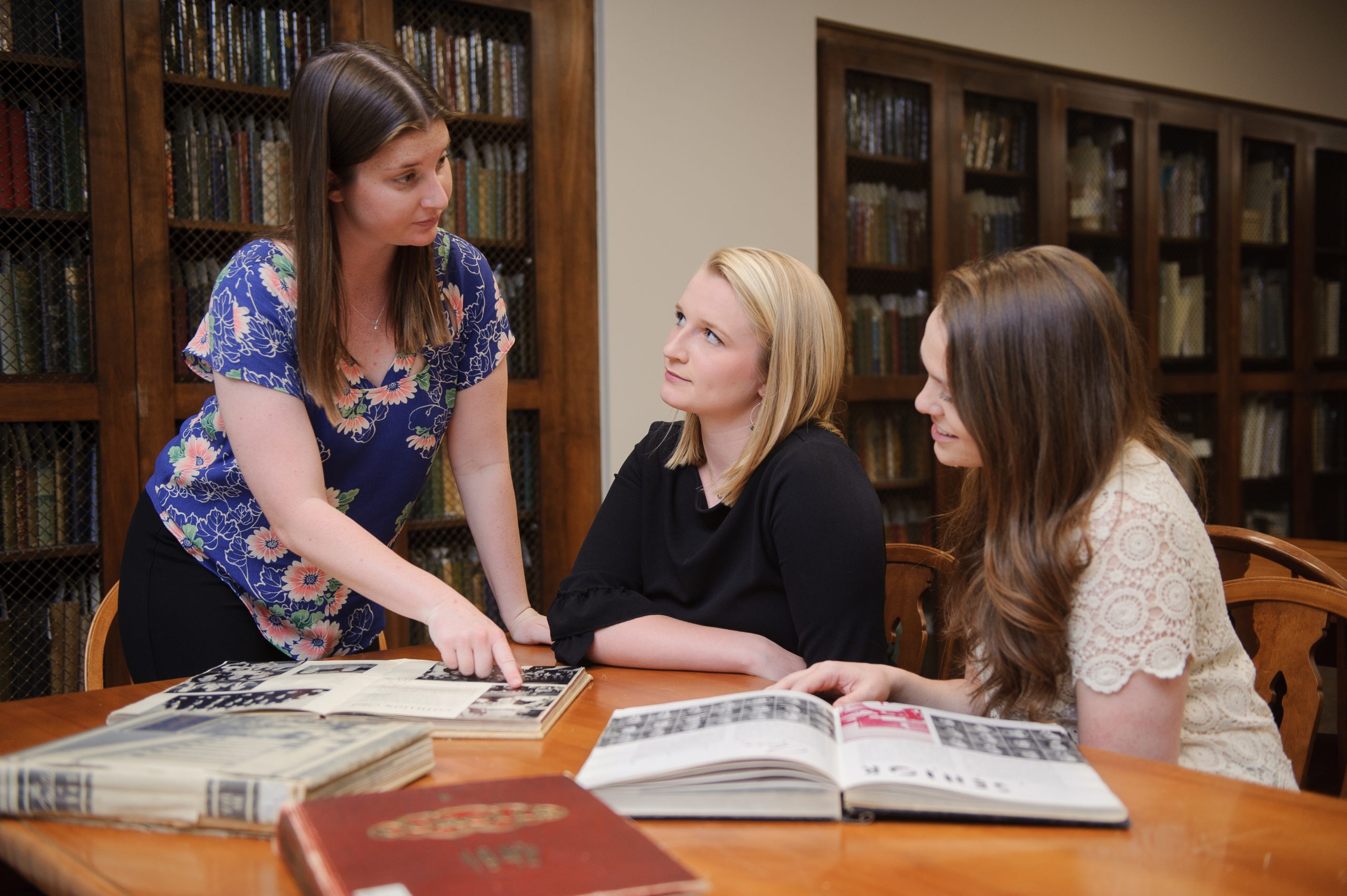Continuously Improve by Working Together
Agility is the UA’s Continuous Improvement program using Lean Higher Education as a guide. It’s a way to make your day-to-day work better!

KEY FEATURES
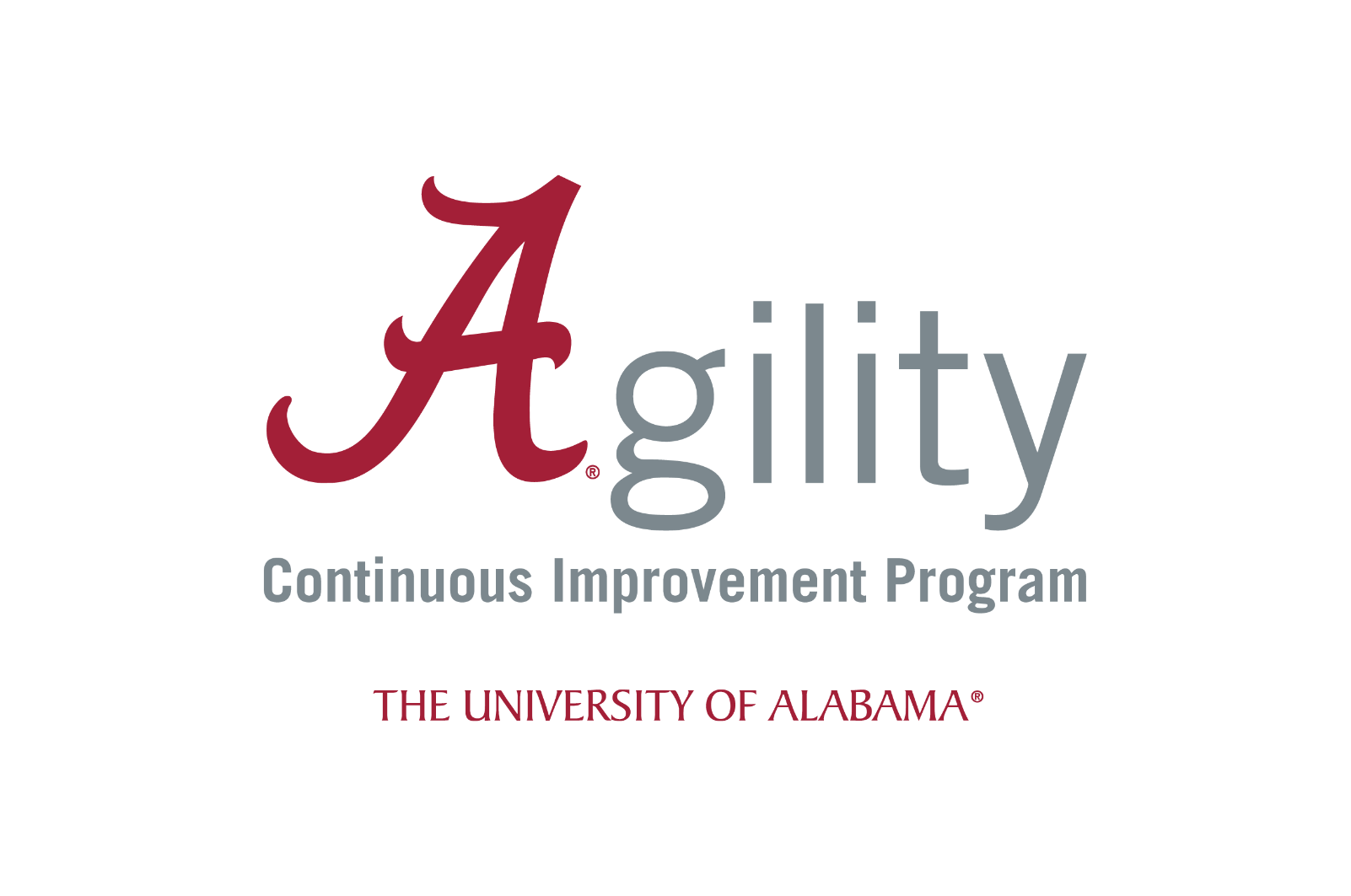
Way of Thinking:
Train employees to make better decisions, be more productive, continually identify non-value-add activities or inefficiencies, and use problem-solving tools to remove inefficiencies from their processes.
Way of Behaving:
Engaging employees and departments by respecting each other, having a willingness and ability to collaborate to solve problems, actively soliciting ideas for improvement, encouraging teamwork, and helping each other be their best.
Set of Tools:
Provide the support structure and methods by which process improvement can happen. Used correctly, the tools help identify underlying problems and their causes which can then be addressed vs. guessing at solutions in the absence of Lean Higher Education.
HEAR FROM CAMPUS LEADERSHIP
Bob Pierce – Advancement
“Continuous improvement is a vital aspect of any successful organization. The University must strive to evolve, both organizationally and operationally, to remain on the cutting edge of success in higher education.”.
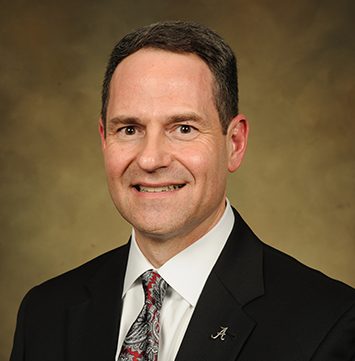
Steven Hood – Student Life
“In Student Life, we are committed to a model of continuous improvement. Without it, we become stagnant. Our students are constantly evolving, so we find value in always assessing and improving our efforts so we can meet their needs and empower them to thrive and succeed – here at the Capstone and beyond.”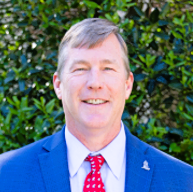
Ryan Bradley – Strat Comm
“We want to encourage our staff to branch out of their silos, collaborate across the division and think broader about our stakeholders. Who is impacted by or benefits from changes made? Include them in our discussions and empower them to make recommendations and decisions.”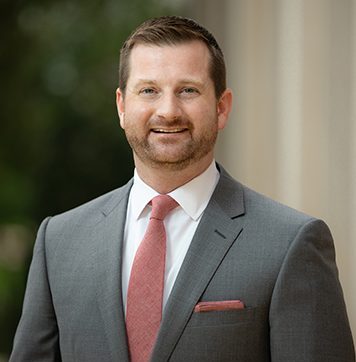
AGILITY SPOTLIGHT
Jennifer Clark – Compliance Operations Director

The Spotlight this semester is for Jennifer Clark from the Office of Compliance, Ethics, & Regulatory Affairs (CERA). Her work and the work of her department require interaction with a broad cross-section of the University community, and they must be responsive to the needs of those they partner with and serve. So much of what her department does trickles down to impact processes in place in other departments that they must be flexible in their thinking and willing to make adjustments when needed.
Jennifer believes in iterative process improvement. “Nothing we do is ever going to be perfect on the first try, but by gathering feedback and refining our approach we get better and better. When we are launching a new program or process, we will openly acknowledge that this is our first draft of the program and invite our partners to provide feedback to help us improve. Sometimes we are dealing with complex projects that can seem overwhelming, but focusing on taking small, incremental steps to chip away at the goal makes the work manageable, reduces stress, and makes change less scary for all involved.”
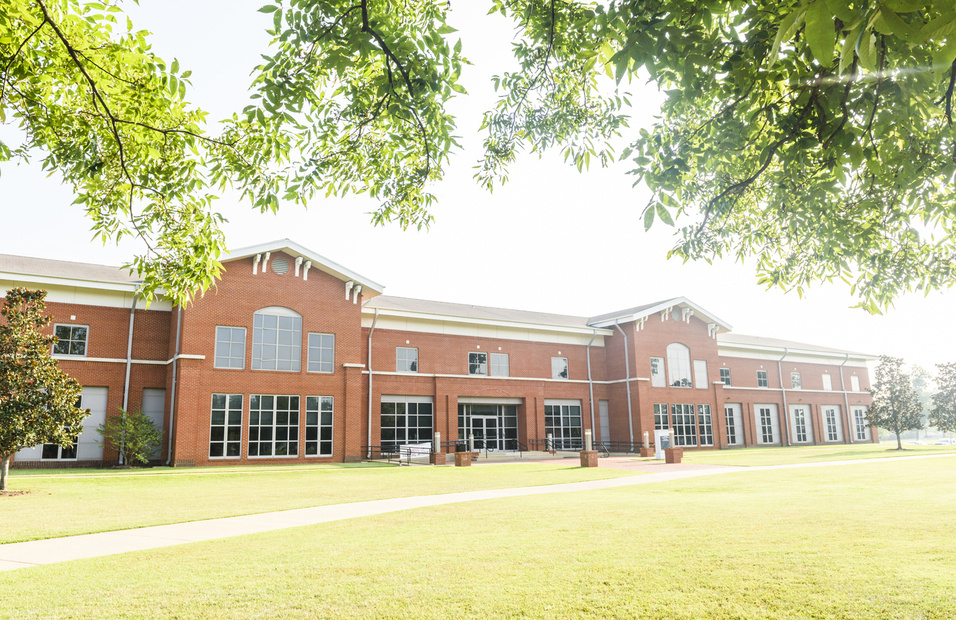
“One of the simplest concepts discussed very early in the beginning of the Agility program was that it is important to keep the people, and the process separate in your mind. A suggestion to change or update a process does not mean that the person carrying out a task is not doing a good job. This really stuck with me, because it reminded me to consider that decisions are not made in a vacuum. The circumstances surrounding a process may change over time causing the process to become outdated, but that doesn’t mean that the decisions made in the past were wrong. That is why it is important to objectively review what we are doing and why we are doing it that way regularly. “
CERA staff members conduct an annual review of their processes to ensure the programs they manage are steadily improved by making strategic decisions based on documented history, current data, and program goals. This exercise is valuable in determining how to maximize the department’s resources to be as effective as possible. It gives them a safe space to say, “This isn’t turning out how I wanted” and try something new. It also provides an opportunity for them to celebrate their successes.
AGILITY SPOTLIGHT
Graduate School Annual Retreat
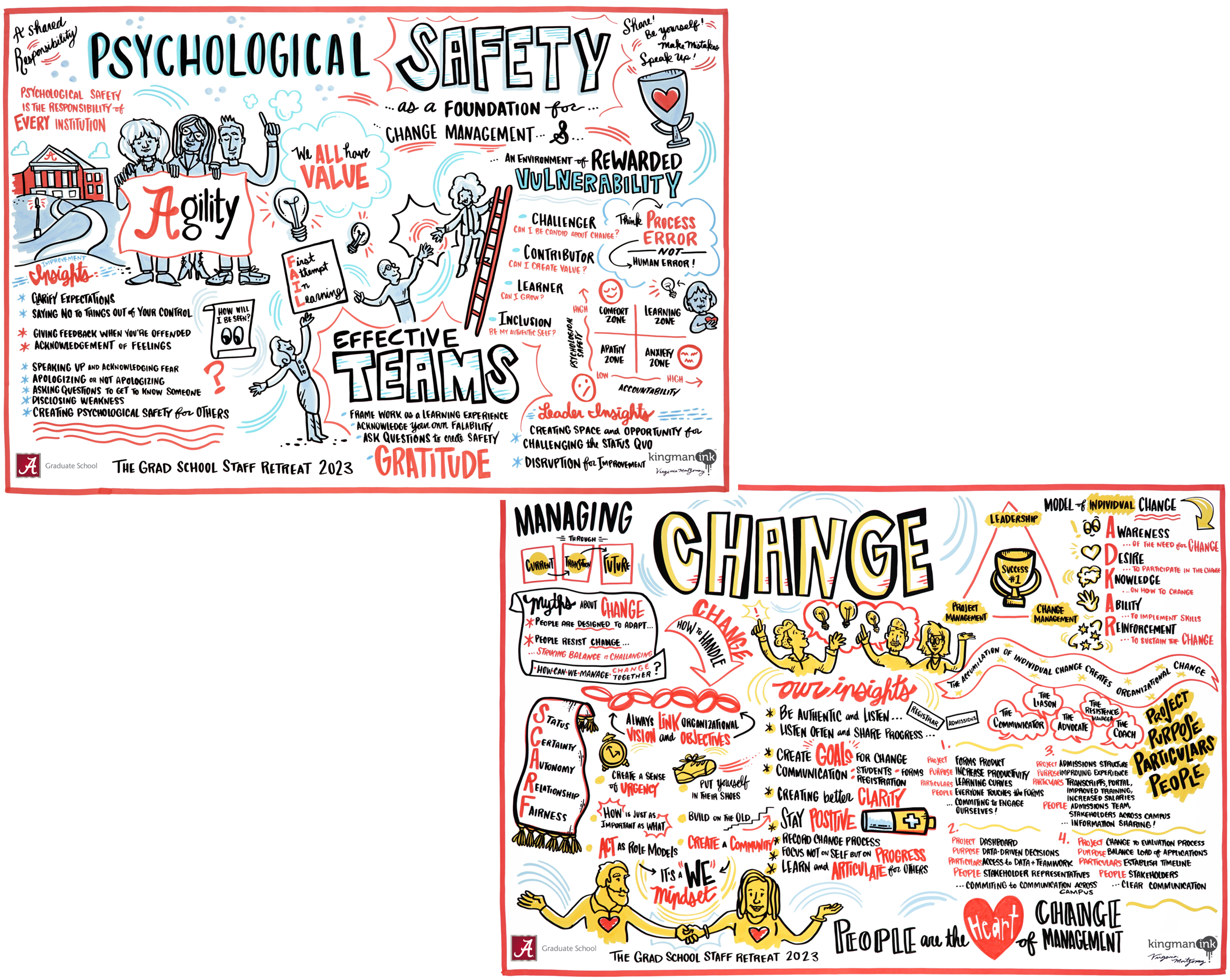
“Like many units across campus, the Graduate School was looking at several major process changes at once, across both the admissions and the student-success areas. These new initiatives meant significant alterations in the way all of the Graduate School staff went about their daily duties. It was the time for some change-management conversations: Would there really be time efficiencies for all stakeholders? How would the changes be communicated? What level of training and support would be needed? Was everyone’s voice heard?
During the Graduate School all-day retreat, Rainey Way and Carolina Vega, from UA’s Agility Continuous Improvement team, served as facilitators for these critical conversations. Through a series of interactive exercises and presentations, they gathered input on the interrelated concepts of psychological safety and change management. For example, they helped the staff to identify their own core principles around change management (create goals, listen often, communicate clearly, stay positive, focus on progress), effective teams (creating space and opportunity for challenging the status quo), and individual vs. organizational change. The Graduate School also utilized a graphic notetaker, who created large posters that memorialized the key concepts and ensured that the insights from the retreat were preserved for future months.
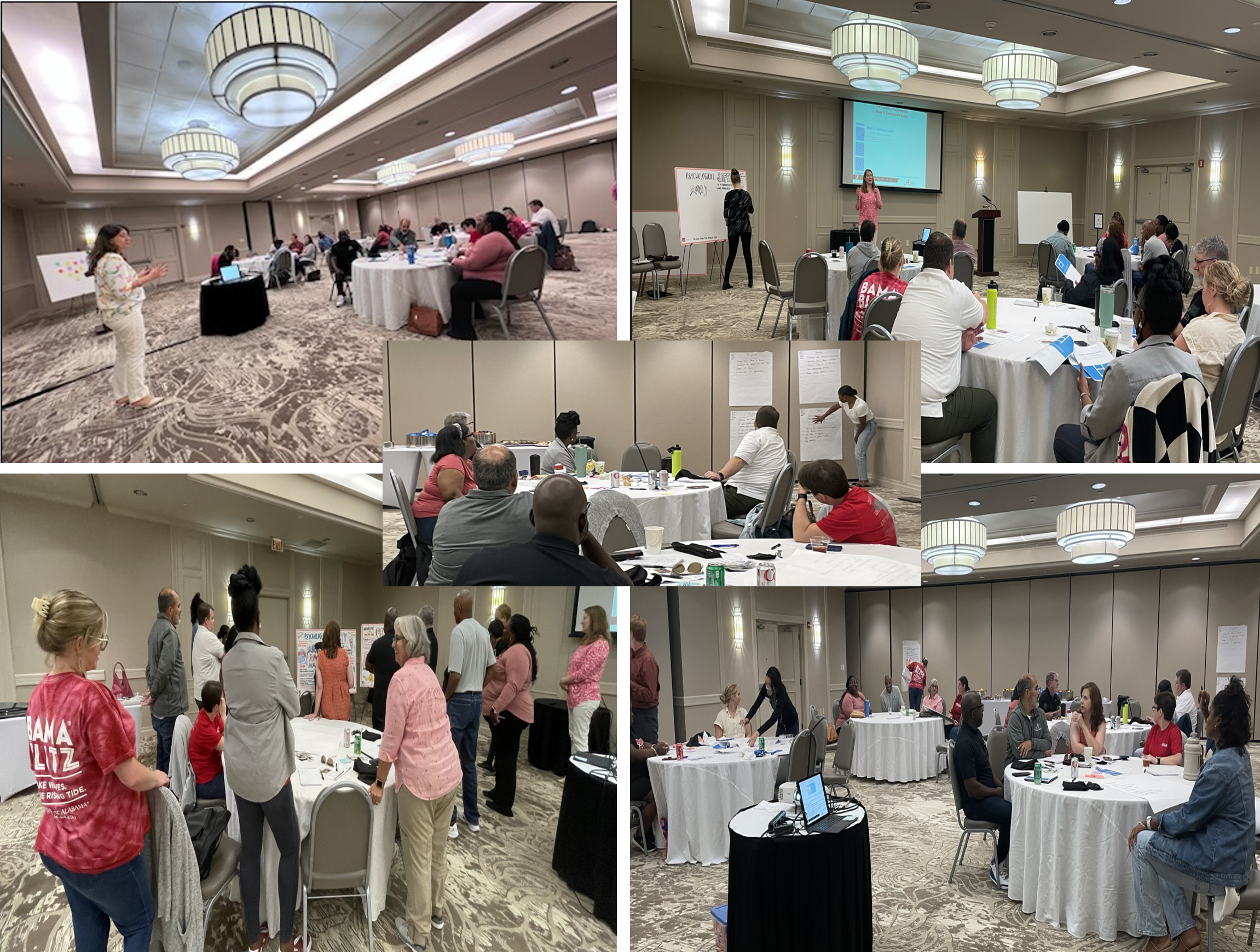
The core concepts of Agility Continuous Improvement were fundamental to the retreat’s success. In preparation, the staff read one of the books recommended by the Agility team (The Fearless Organization: Creating Psychological Safety in the Workplace for Learning, Innovation, and Growth). The Agility facilitators ensured that everyone had a chance to speak, and that the leadership team was able to respond to staff concerns. Some of the exercises including removing the leadership team to a separate room, both so that they could work on communication and listening strategies together and so that the staff could work through ideas without their supervisors present. All of these exercises coalesced into a valuable “reset” and a renewed mindset for managing the changes ahead.”
Susan Carvalho, Dean of the Graduate School
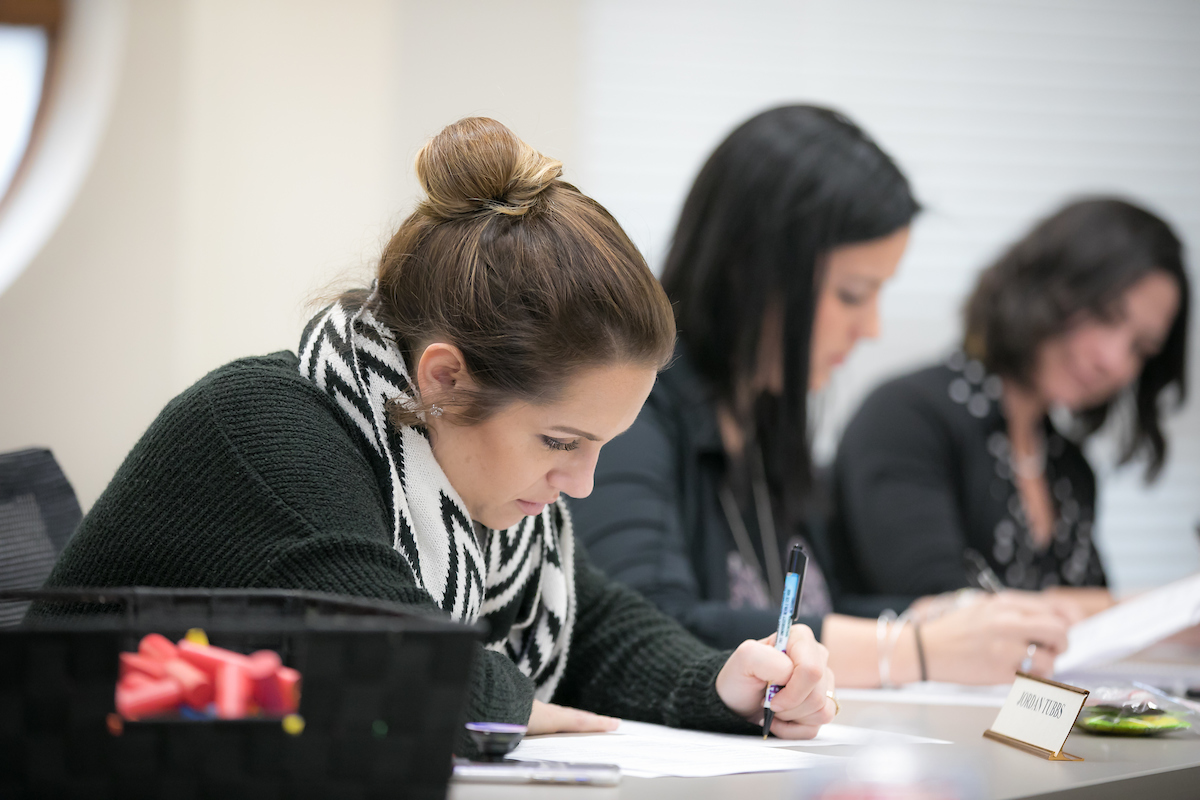
YOU ARE NOT ALONE IN THIS JOURNEY
SUCCESS STORIES
Learn from what others accomplish using Agility skills!
Engage Users
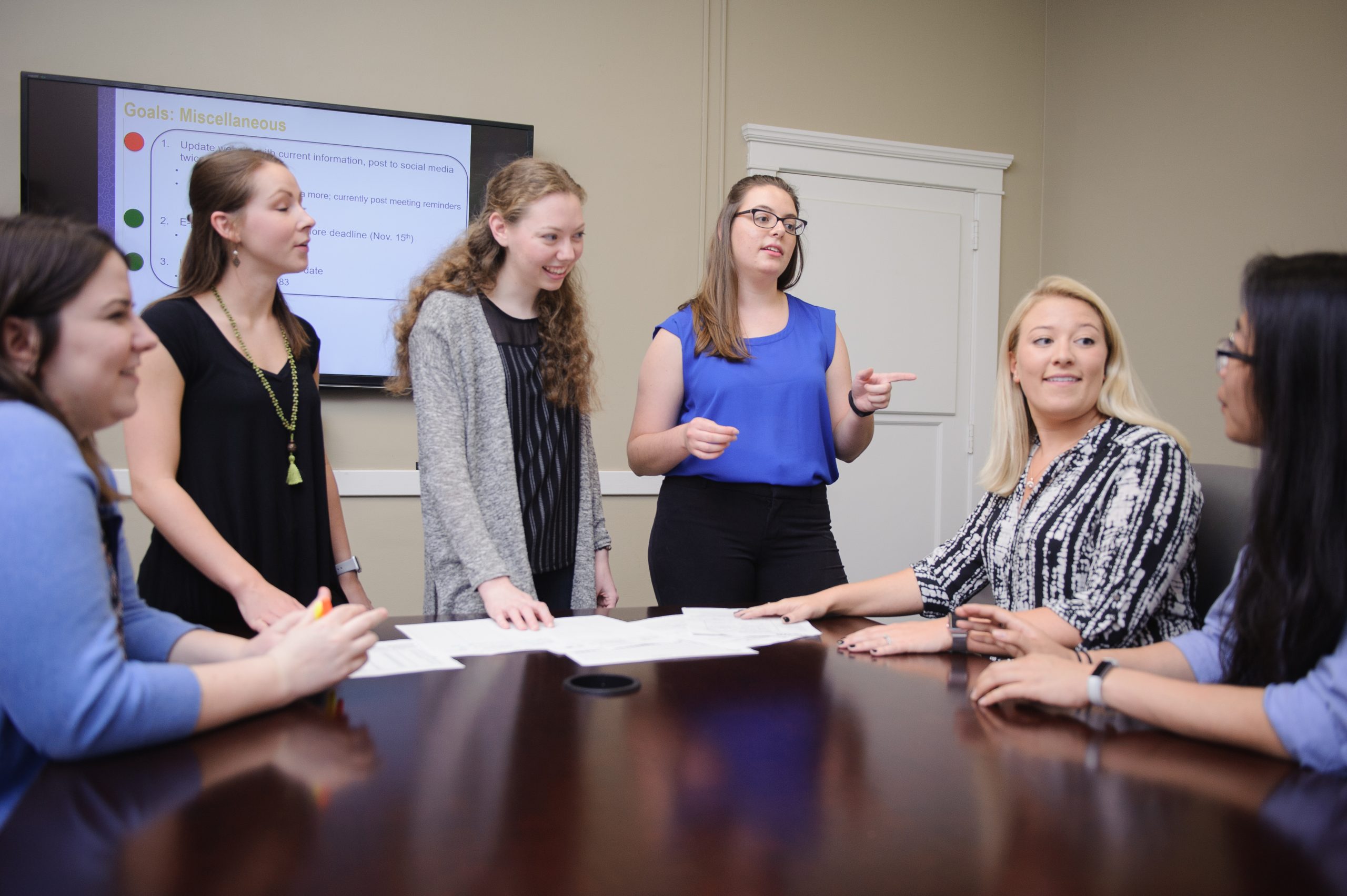
Prior to implementing the new portal for academic misconduct, each college was importing them by hand from emails. It was taking about 30 minutes per case to put them into the Maxient system.
Now it takes less than 60 seconds! For the College of Arts and Sciences alone, that means a savings of around 250 hours per semester. The College of Arts and Sciences collaborated with OAA and the other colleges to improve this process for the University.
Collaborate

The HR Operations team wanted to improve the New Hire Onboarding checklist. They wanted to get the demo more defined before they showed it to anyone. Then they remembered one of the tenets of Agility: to respect people by engaging stakeholders early to ask their opinions. HR Ops invited four key hiring managers to discuss their plans and discovered the design wouldn’t be helpful. Asking the right people early on saved many hours of working in the wrong direction! HR Ops will now build a project team including these representatives with the goal of delivering an even better solution!
Encourage Participation
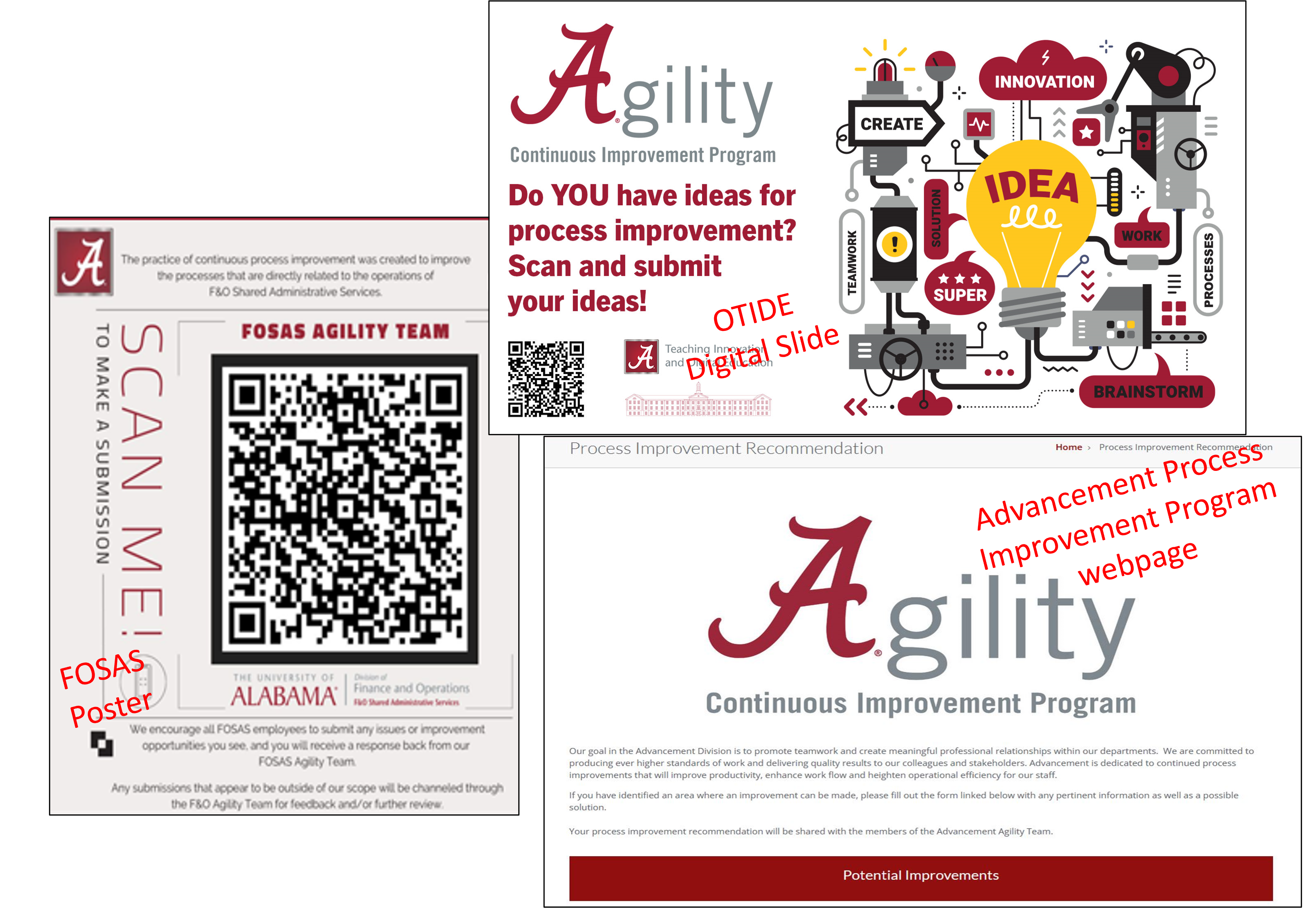
To encourage improvement ideas submission and follow-up, different UA Divisions and Departments have developed systems and forms, including:
The Office of Teaching Innovation and Digital Education (OTIDE) created a digital slide on the University Hall TVs with a Form QR code that encourages staff members to submit project and improvement proposals for their Agility team.
The F&O Shared and Administrative Services Division (FOSAS) created a form for employees to submit improvement opportunities identified, and an Agility channel in Teams to share information. The form QR code is included on posters at breakrooms to reach people who do not have or are not at their computers.
The Advancement Division developed a process improvement recommendation page to give feedback and/or recommendations for process improvements that affect the division’s workflow.
Efficiencies
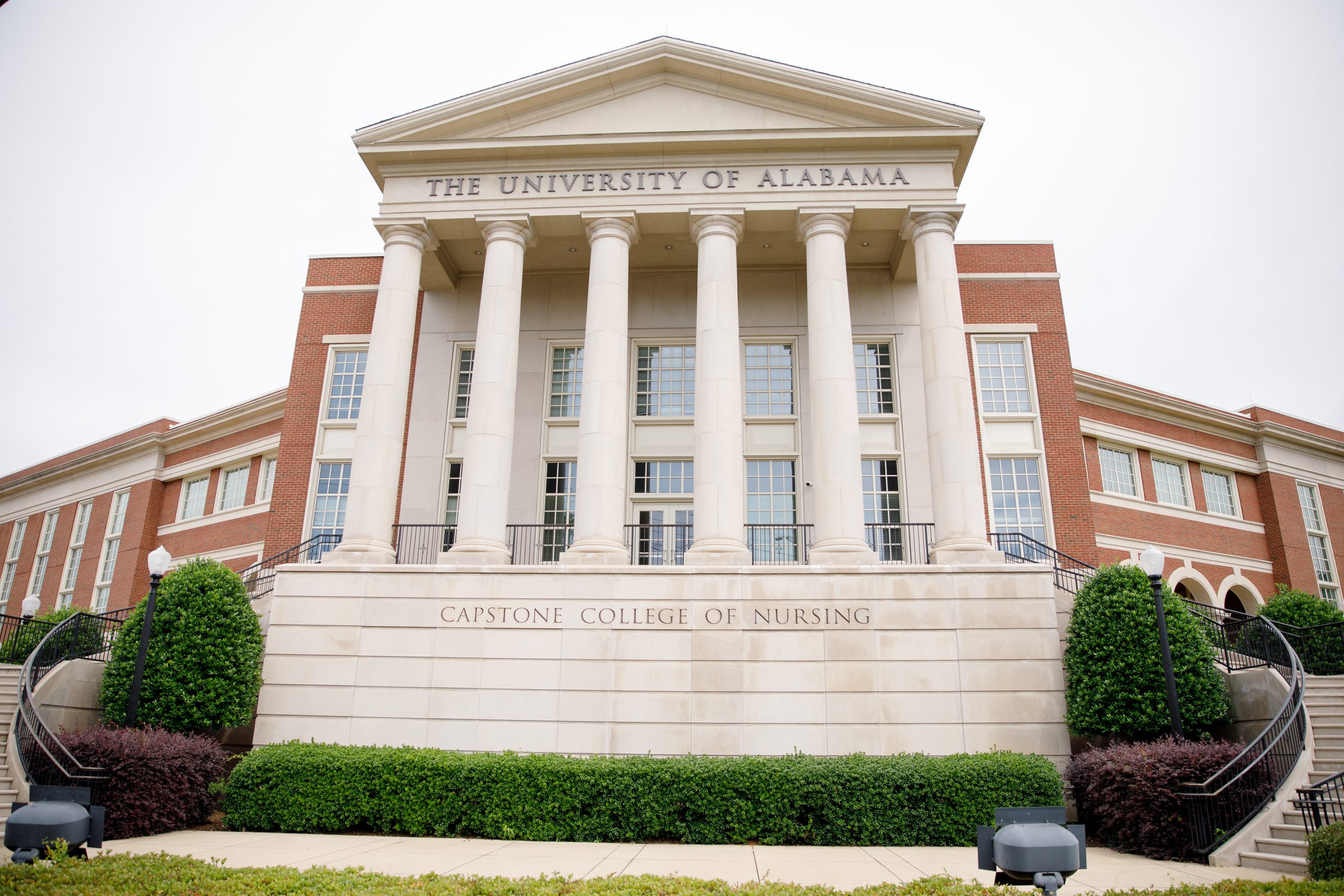
Capstone College of Nursing Committee Restructuring Project. CCN was experiencing the burden of too many committee meetings, and employees felt that there was often redundancy in meeting content.
A task force was formed with members of the Agility Team and the chairs of the CCN Faculty Organization committees to evaluate the committee structure. The task force reviewed the functions of their committees, the structures of other colleges as well as other schools of nursing. They recommended that 4 of the committees be discontinued and their functions absorbed into the remaining 5. The new committee structure went into effect 2023. In addition to reducing the number of committees, the review highlighted that the existing committees could meet less frequently.
Agility Metrics
The benefits from improvements can be measured into these categories:
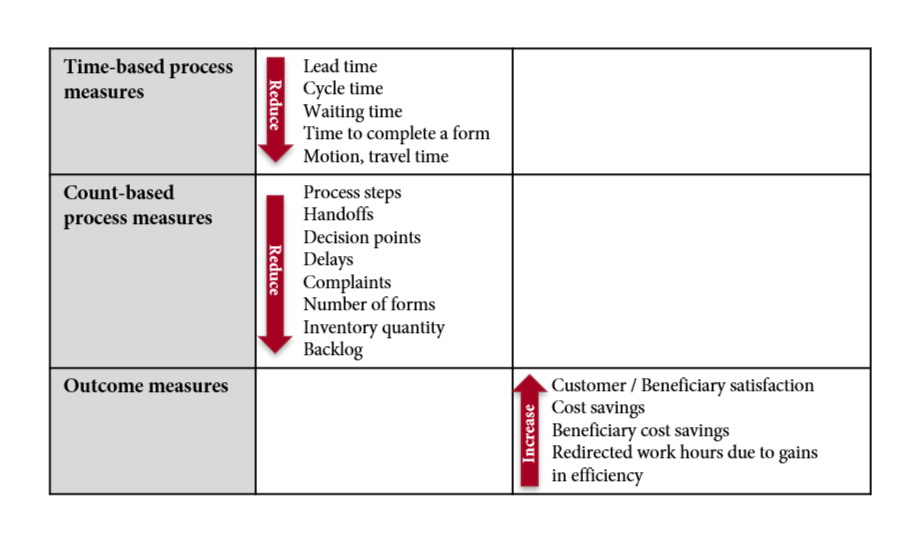
PROCESS TIME-BASED:
Reduce lead time, cycle time, waiting time, time to complete a form, motion, and travel time.
PROCESS COUNT-BASED:
Reduce process steps, handoffs, decision points, delays, complaints, number of forms, and backlog.
OUTCOME MEASURES:
Increase beneficiary satisfaction, cost savings, beneficiary cost savings, and redirected work hours due to gains in efficiency.
Improvement Projects from across the University
Check out what UA teams are doing to improve employee morale and create efficiencies
Resources
Articles and Videos
Expand and reinforce your knowledge of continuous improvement and lean principles by checking out the engaging work of experts in the field. These are great topics to share and discuss with leaders and team members.

Tools for Process Improvement
Enhance your problem solving and process improvement efforts with Lean Higher Education tools, practices, and methodologies.
.

Presentations
See what is being discussed at all levels within the University. Feel free to share with your teams and use slides as needed.
.
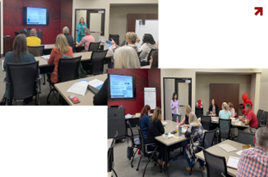

Agility Book Club
